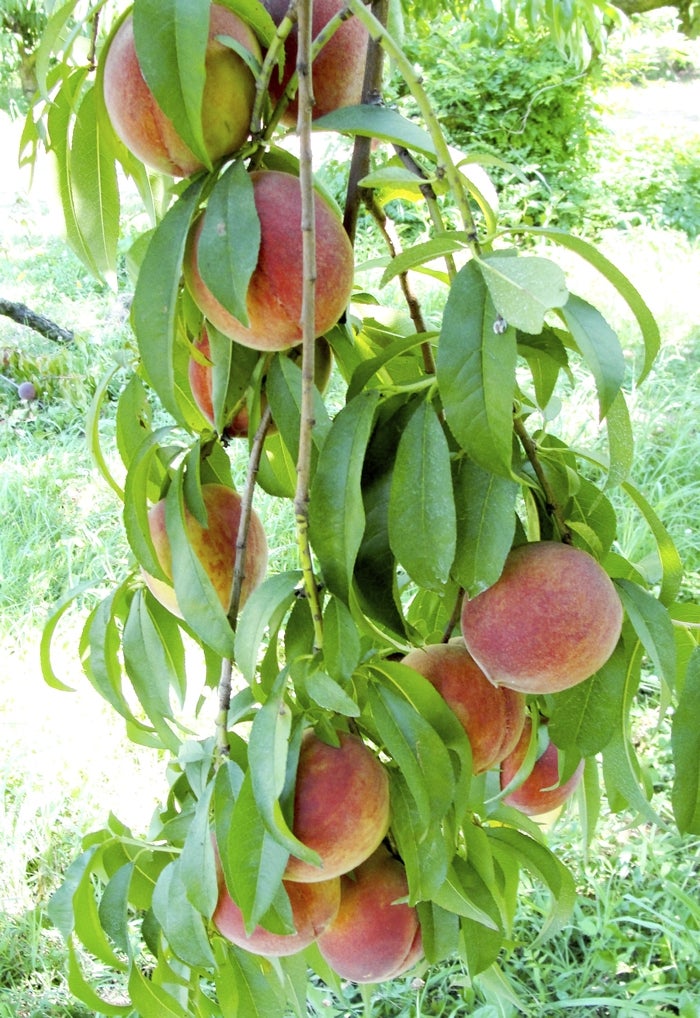Darrell Blackwelder: Too cold, too warm, weird winter
Published 12:00 am Friday, January 23, 2015

- Cooperative Extension Not enough cold weather can wreak havoc with peaches, which need a certain amount of dormant time.
The temperature was 63 degrees earlier this week. Normally, ice and snow would be a major topic of discussion at this time of year. But over the years, unseasonably warm weather is normal in our area. Some have called concerned about the possible negative effect on outdoor plantings.
One of the most prevalent inquiries is will the warm weather affect the fruit crops. A cautious answer is perhaps. Unseasonably warm temperatures for a long duration can cause problems with certain tree fruit cultivars.
Fruit trees, especially peach and apple, need a certain number of cold hours to initiate bloom set. Peach cultivars, such as Elberta, need between 700-800 hours of temperatures below 40 degrees to properly break dormancy. The leaf buds need even more chilling hours, closer to 1,000 hours. Long stretches of warm weather often cause the fruit trees to bloom but have few leaves. This is a typical a problem with unseasonably warm winters, especially in the Deep South.
Unseasonably warm weather during winter or early spring is also a major problem for some landscape plant materials. Landscape plant material is often damaged when unseasonably warm weather in early winter stimulates the production of new growth.
It’s inevitable that Rowan County will experience more cold weather in a few weeks. Variable weather patterns do more than confuse plants; sudden cold snaps can be very damaging to tender foliage, especially on newly planted trees and shrubs.
Cold injury symptoms on plant materials usually show up as a blackening or browning of certain areas of the plant. Damage is not always immediate and it typically doesn’t appear until a week or more after the cold weather has occurred. In some instances, such as cold damage on azaleas, damage may not be evident until late spring or early summer, mystifying homeowners.
What do we do to protect our plants from cold damage? Irrigating trees and shrubs is very important to the survival when freezing weather returns. Make sure that plants are irrigated deeply just before the ground freezes. Irrigation is especially vital for evergreen trees and shrubs because they transpire moisture all winter long.
Adequate soil moisture also serves as a buffer against very low soil temperatures by holding more heat in the soil. Trees and shrubs can also be protected from winter damage with an application of organic mulch. Now is a good time to apply mulch. Six to eight inches of coarse wood chips, bark or pine straw over the root zone helps retain soil moisture also maintains a constant soil temperature around the root system.
Darrell Blackwelder is Rowan County Extension Director for the N.C. Cooperative Extension, 2727 A Old Concord Road. Call 704-216-8970




